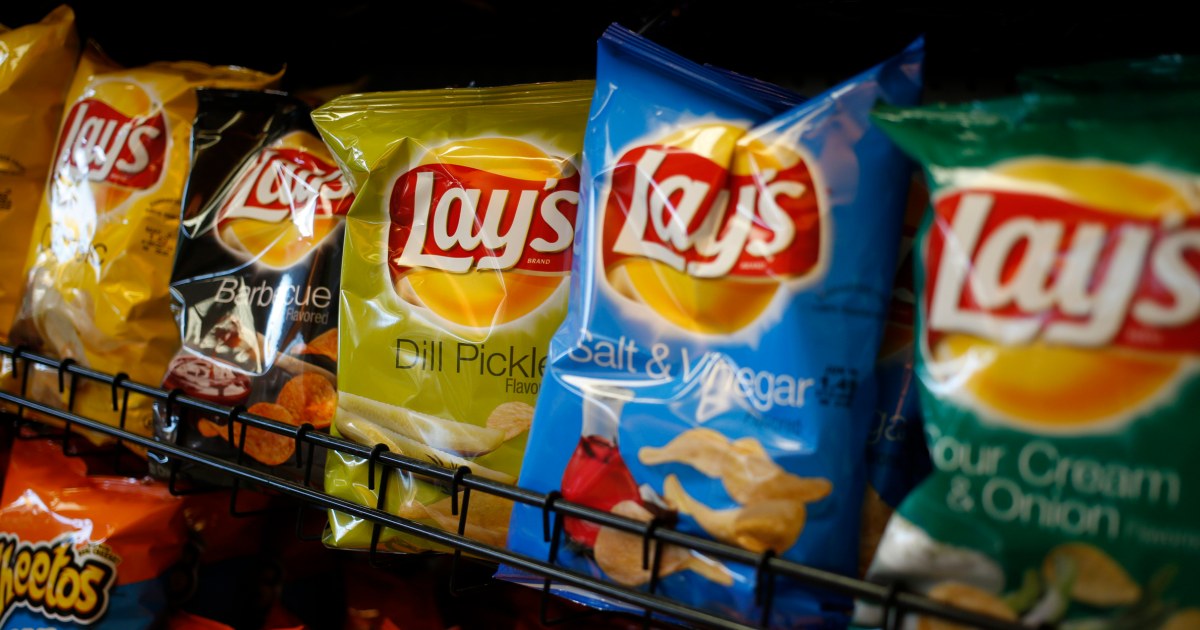
The Food and Drug Administration on Thursday laid out fresh goals to cut sodium levels in packaged and processed foods by about 20%, after its prior efforts to address a growing epidemic of diet-related chronic diseases showed early signs of success.
The FDA in October 2021 had set guidelines to trim sodium levels in foods ranging from potato chips to hamburgers in a bid to prevent excessive intake of salt that can trigger high blood pressure, a major risk factor for heart disease and stroke.
The agency is now seeking voluntary curbs from packaged-food makers such as PepsiCo, Kraft Heinz and Campbell Soup. The companies did not immediately respond to requests for comment.
The FDA wants to cut sodium intake over the next three years to an average of 2,750 milligrams per day — 20% lower than the levels prior to 2021, though above the recommended daily limit of 2,300 mg.
“Reducing sodium in the food supply has the potential to be one of the most important public health initiatives in a generation,” FDA Deputy Commissioner for Human Foods Jim Jones said in a statement.
Fast-food chains, including McDonald’s, Burger King-parent Restaurant Brands and Taco Bell-parent Yum Brands are also likely to be affected. The companies did not immediately respond to Reuters requests for comment.
The agency said it had seen 40% of food categories achieving the first-phase sodium targets — to cut levels by an average of about 12% — or were within 10% of meeting those targets.






